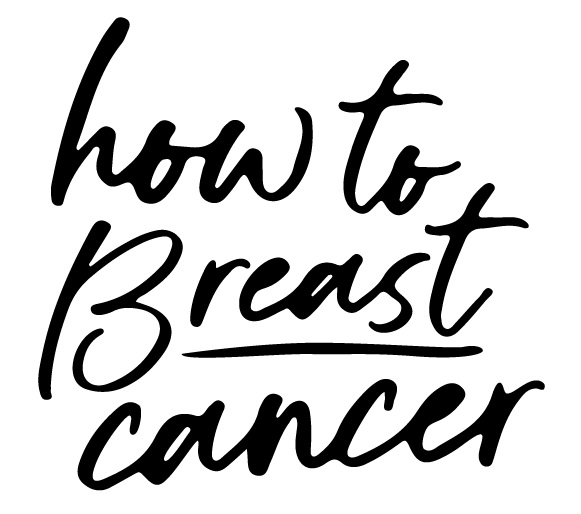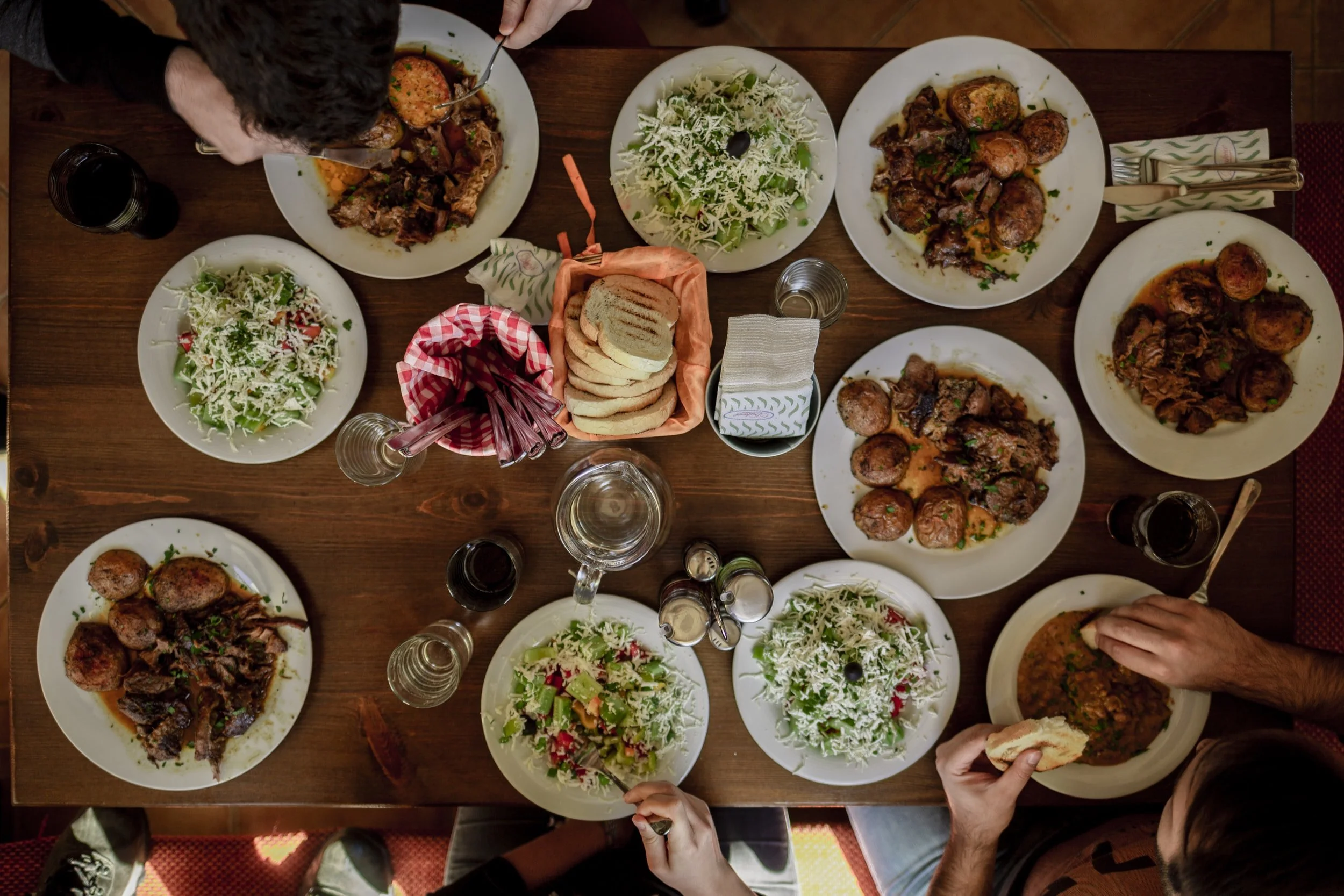It’s the holidays...first, breathe; we’re here to help.
Article at a Glance
A few practices I have personally found helpful and am sharing for your consideration.
- Understanding where you are in the emotional continuum.
- Asking yourself a few questions as to what are the biggest trigger points and what feelings they are creating within you?
- Trying to envision what would make you feel better or reduce the emotion, even if by small increments.
- Enlisting a trusted loved one for support in navigating what is best for you during the holidays.
- Finding at least one thing that makes you happy.
“Blessed is the season which engages the whole world in a conspiracy of love.”
— Hamilton Wright Mabie
I love this quote so much because it is absolutely what is needed most right now, a conspiracy of love!
The holidays are a time of great love but can also be a time of great sadness. The love we feel during the holidays can sometimes be surpassed by the grief we feel during the holidays. For those of us navigating a cancer journey, whether as the patient or the loved one(s), our mettle is tested by the myriad of emotions that this season can bring.
Helping you with your holiday journey.
Our intention with this article is to offer some perspective that can serve as a helpful guide to get you through and even towards a better place. Everyone’s journey is different and unique, but there are often common pain-point denominators that can be peeled out and replaced with common solutions for the better. After all, that’s how we are here to help you, by finding pieces that connect us on this journey, beyond the illness itself and offering a bit of advice that helps to get you to a better place for you.
The American Psychological Association estimates that close to 40% of U.S. adults report feelings of increased stress during the holidays.
While it may seem counter intuitive to feel worse vs. better when one thinks about the very fact that being able to enjoy the holiday season with friends and family would be cause for celebration, for someone with cancer, emotional struggles often only deepen as the season approaches.
For some cancer patients it is the absence of other family members who may no longer be here or being unable to come together as a family that causes the triggers. This has certainly been the unfortunate reality, especially the last couple of years across a world battling with a pandemic of epic scale.
For other cancer patients, it is the abundance of family and friends around them and the heightened awareness a cancer diagnosis brings to their own mortality that creates the emotional triggers, such as thinking of a time when they may not be here to enjoy their family and friends’ company.
Either ends of this emotional continuum deserves attention and support in how to cope. Additionally, you must remember that dealing with a personal cancer diagnosis, whether new or ongoing, is something for which most, if not all of us, have no experience doing until we are doing it. Please be patient with yourself.
So, how can we help?
Here are a few practices I have personally found helpful and am sharing for your consideration.
1 | Understanding where you are in the emotional continuum.
I have found it very helpful to check myself to see where I am on an emotional level each day, and sometimes, at key points during the day. How I do this, is simply by asking myself, what is the emotion that I am feeling the most at this very moment? At my worst, the answer has been, panic. Not just fear, which I think would be a logical answer. I try to go deeper and feel what is most present within me. And at my worst, panic is what has surfaced. I learned this through a meditation breathing practice that requires the person to focus on where they feel their breath most deeply as they are doing their breathwork. So, if you are taking in a deep breath now and you count to three as you inhale, the question is, where do you feel the breath most? And you must be specific (i.e., the tip of your nose, or the base of your abdomen, or the back of your throat). I have found that the same can be done with emotions. It takes time, but like anything, if you focus on it regularly, it will become more and more a part of how you function.
2 | Asking yourself a few questions as to what are the biggest trigger points and what feelings they are creating within you?
Once you have a better sense of the emotion you are most feeling, you can begin to work towards understanding what is triggering the emotion. So, in my example above, where I was feeling panic, my trigger points were the notion of traveling to and being around the whole family especially since I was also experiencing a great deal of physical pain due to my cancer.
3 | Trying to envision what would make you feel better or reduce the emotion, even if by small increments.
For me, staying in my home made me feel less panicked. And while it was not easy, I made the decision that I would stay in my home for the holidays. Again, not an easy decision to make for many because there is a seemingly automatic expectation that everyone must come together in order for the holidays to be “the holidays”. And while there is absolute love in gathering for the holidays, through the lens of a cancer patient, the world shifts and you must constantly revisit what brings love and joy. Coming together can happen in meaningful ways that create joy without it feeling a burden or causing a panic attack. As the cancer patient, YOU are first and that is essential for your healing.
4 | Enlisting a trusted loved one for support in navigating what is best for you during the holidays.
It is key to have a loved one on whom you can lean that understands the need to know what YOU need. Finding a person who “gets you” and can be the comfort you need if others don’t, helps ease the turmoil that can sometimes entangle the holidays. Find your “Robin” (if you are a Batman fan, you are likely smiling right now, and so are we). Don’t try to go at this alone, we all have at least one person to whom we can turn that truly wants us to be happy, however we define happy in that moment.
5 | Finding at least one thing that makes you happy.
It can be as simple as a cup of tea in a favorite mug or cup. Again, ask yourself what makes you feel the opposite of the emotion that set off the trigger and try to be as specific as possible with yourself so that you can put that into practice. For me, indeed a cup of tea in the afternoon brings me joy and reduces any feelings of panic. Find that one thing for you.
Key Takeaways
And so, as always, I leave you with one key take away, if you remember nothing else from this article, know this: While “the holidays” are intended to be a time of goodness and steeped in tradition, the most important thing you have to focus on right now is YOU and in navigating your cancer journey as best as possible for you. Remember, find that one thing for you and have a joyous holiday!
With love,
Amelia O.






